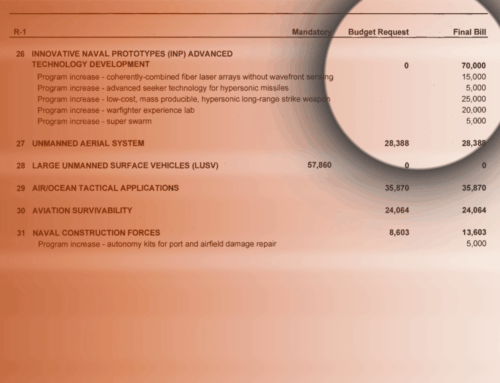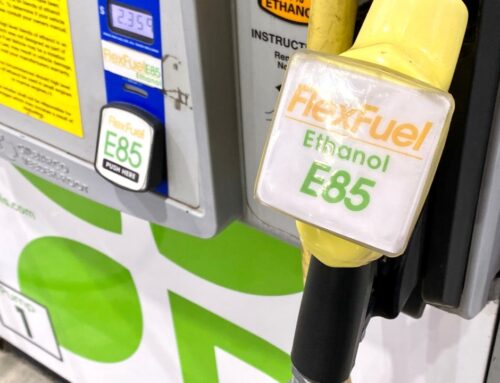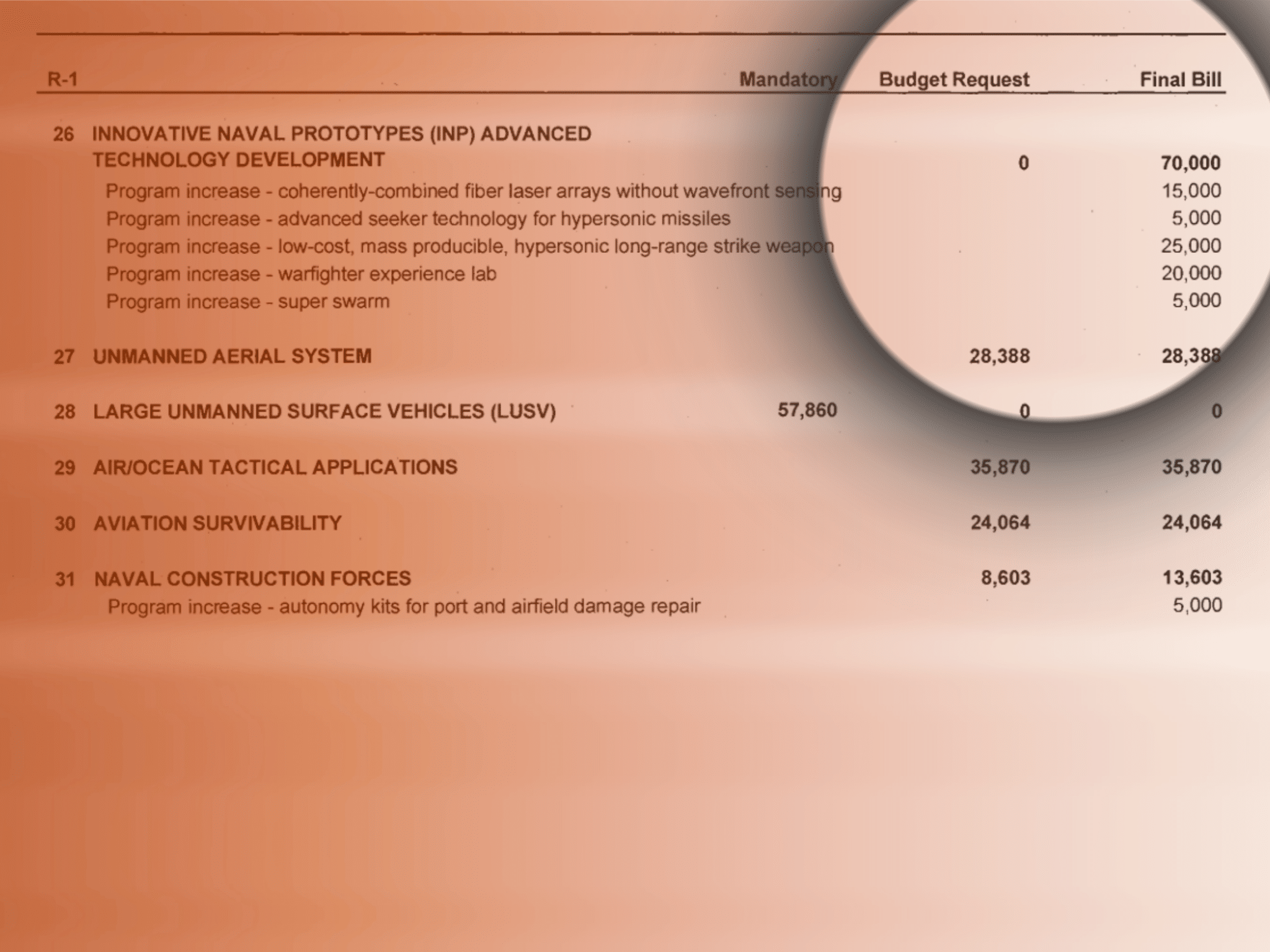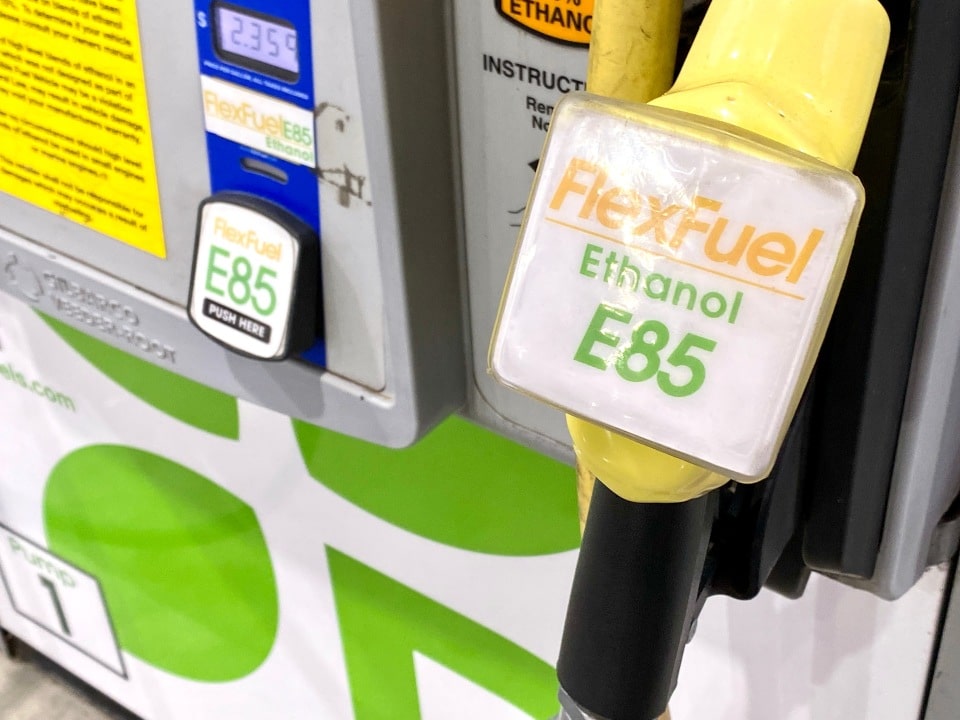The FY2025 budget reconciliation bill passed by the House of Representatives, known as the One Big Beautiful Bill Act (OBBBA), leaves the 45Q tax credit for carbon capture and storage (CCS) largely intact and introduces new, preferential tax incentives for income related to CCS. As a result, the CCS industry stands out as one of the bill's biggest winners.
The preservation of the tax credit continues a long history of federal support for CCS. However decades of federal investments have failed to make CCS affordable or viable at scale. The transport of CCS via pipelines and long-term storage of captured carbon also poses serious public health and safety risks for nearby communities. Additionally, the use of eminent domain to secure the land needed to construct CCS may infringe upon private property rights.
By opting to continue the 45Q tax credit, Congress is missing out on an opportunity to end a costly subsidy, reduce tax expenditures, and protect both taxpayers and communities. Earlier this year, Rep. Perry (R-PA) and Rep. Khanna (D-CA) introduced a bipartisan bill to repeal 45Q—potentially saving taxpayers up to $36.2 billion over the next decade.
45Q Provisions in the OBBBA
Structured like a production tax credit, 45Q pays for every ton of carbon dioxide (CO₂) that companies capture from power plants or industrial facilities and store underground in geological formations. The House-passed bill preserves the Section 45Q Carbon Oxide Sequestration Credit—last expanded and extended under the Inflation Reduction Act of 2022 (IRA)—with only slight modifications to its application. It is one of the few expanded Biden-era energy tax credits not slated for early elimination or phaseout.
Section 45Q is projected to cost taxpayers $36.2 billion over the next decade. Unlike other energy-related tax credits, the credit amount and expiration is unaffected by the House proposal. The only changes to 45Q that are included in the bill are new restrictions on "foreign entities of concern" (FEOC) and credit transferability—provisions that also apply to a suite of other IRA tax credits that the bill does not fully repeal. FEOC provisions would prohibit certain foreign entities from claiming the credit immediately after the bill is signed into law and provide a two-year window for entities of lesser FEOC categories to clean up their supply chains. The bill would also permit companies to transfer their credits for two years.
The proposal would allow CCS facilities that meet 45Q's minimum capture thresholds and capture at least 50% of total carbon output to count any income from electricity generation (for power plants), storage of electricity, and carbon capture as qualifying income for PTPs. There would be no construction deadline for these facilities to qualify.
This expansion of PTP qualifying sources to include carbon capture and hydrogen-related income is projected to cost taxpayers $2 billion between FY2025 and FY2034.
Additional Boost for CCS
The House bill also includes a provision that further benefits the CCS industry. It would allow income from hydrogen transportation and storage, as well as certain CCS activities, to be classified as "qualifying income" for publicly traded partnerships (PTPs).
Current law generally requires PTPs with publicly traded partnership interests to be taxed as corporations. However, if at least 90 percent of a PTP's gross income is derived from qualifying sources—such as rents, capital gains from real properties, or income from the exploration, production, processing, refining, transportation, or marketing of minerals or natural resources—it is taxed as a partnership instead. This allows PTPs to avoid corporate-level taxation by passing through their income directly to partners.










